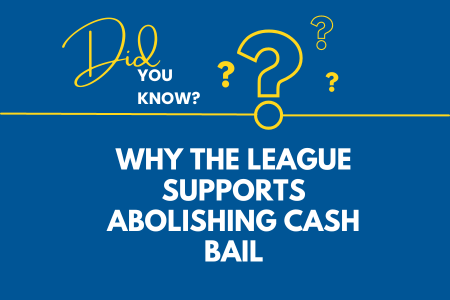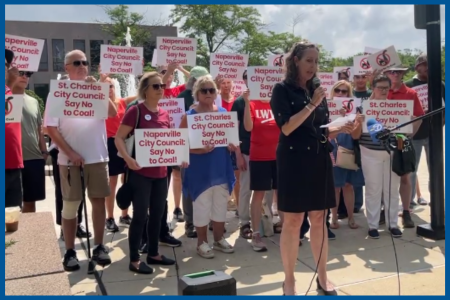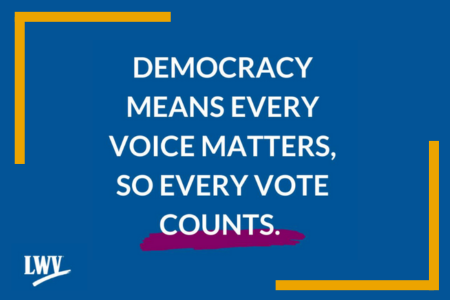Effective September 18, 2023, Illinois will be the first state to fully abolish cash bail.
Following is a summary of LWV of Illinois’ positions and rationale for supporting the elimination of cash bail:
- In the US criminal justice system, people charged with a crime are considered innocent until proven guilty. Jailing people who cannot afford bail violates this basic tenant of justice. The elimination of cash bail removes what has been described as “debtors’ prison.”
- Incarcerating innocent people accused of crimes does nothing to keep our communities safe. Criminal justice reform aims to improve public safety and support equal justice under the law. A means-based bail system accomplishes neither.
- Pre-trial incarceration should be based on the accused’s risk of flight and/or the risk to the community of repeat offenses. The fact that an individual can buy their way out of jail points to a system based on the privilege of wealth, not justice or safety. Studies and experiences from New York, Washington DC, New Jersey, and the federal courts where the use of cash bail was reduced or eliminated have not shown a rise in crime.
- A fair justice system should not disproportionately disadvantage the poor in our communities. Innocent people who cannot afford even a modest bail routinely lose jobs and housing because of incarceration before ever having their day in court. This can send families into deeper poverty or kids into foster care.
- Incarcerating innocent people because they are poor is an abomination of individual constitutional rights. Individuals who cannot make bail after being accused of non-violent crimes often serve more time waiting for trial than they would have served had they been convicted. This sometimes leads innocent people to plead guilty simply to get released.
- Despite claims to the contrary, the elimination of cash bail does not promote the indiscriminate release of convicted felons, nor does it promote the pretrial release of accused persons who are flight risks or who have been determined to be a risk to the community. Preparation for implementation of the new law has been two years in the making by judges, prosecutors, and public defenders.




